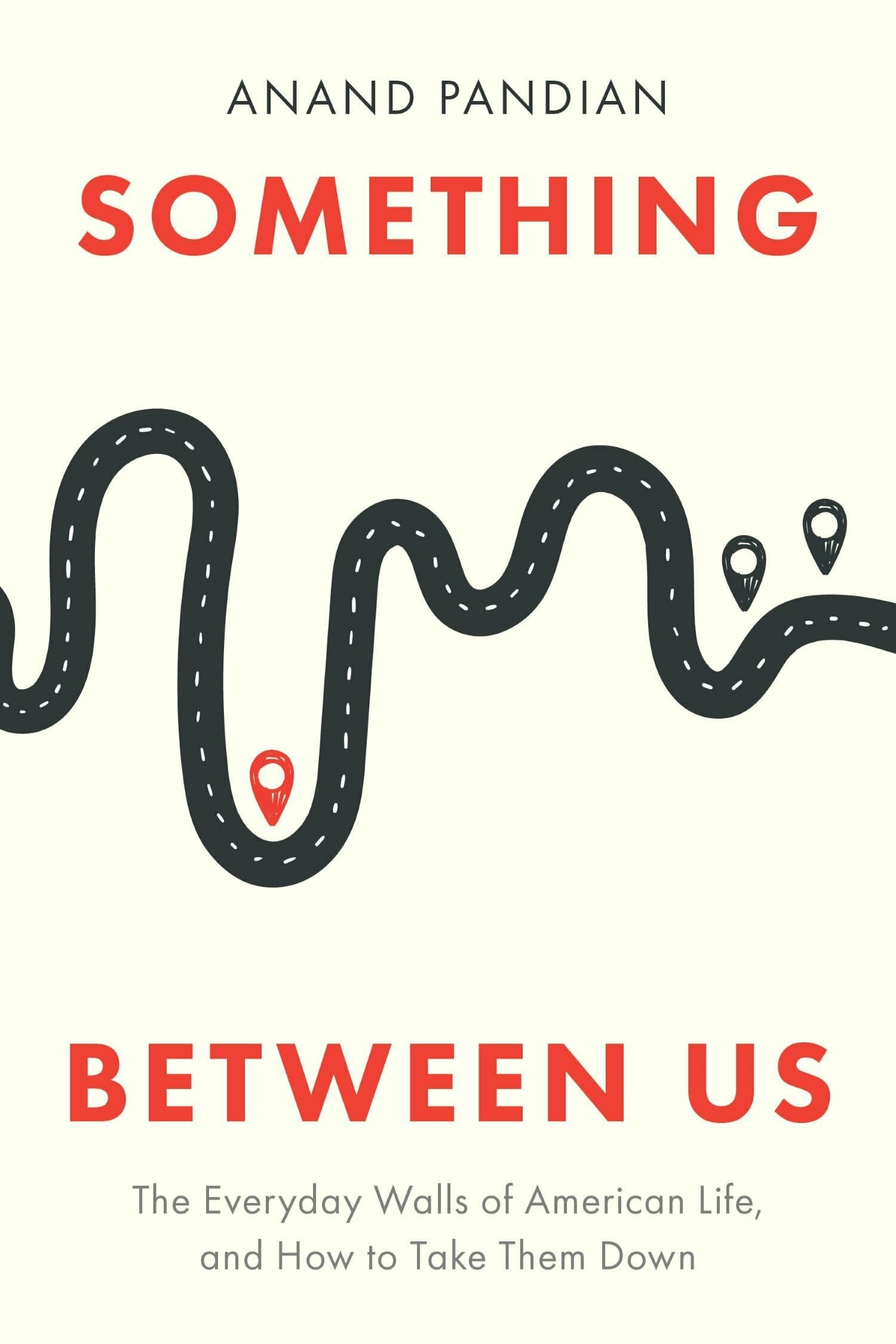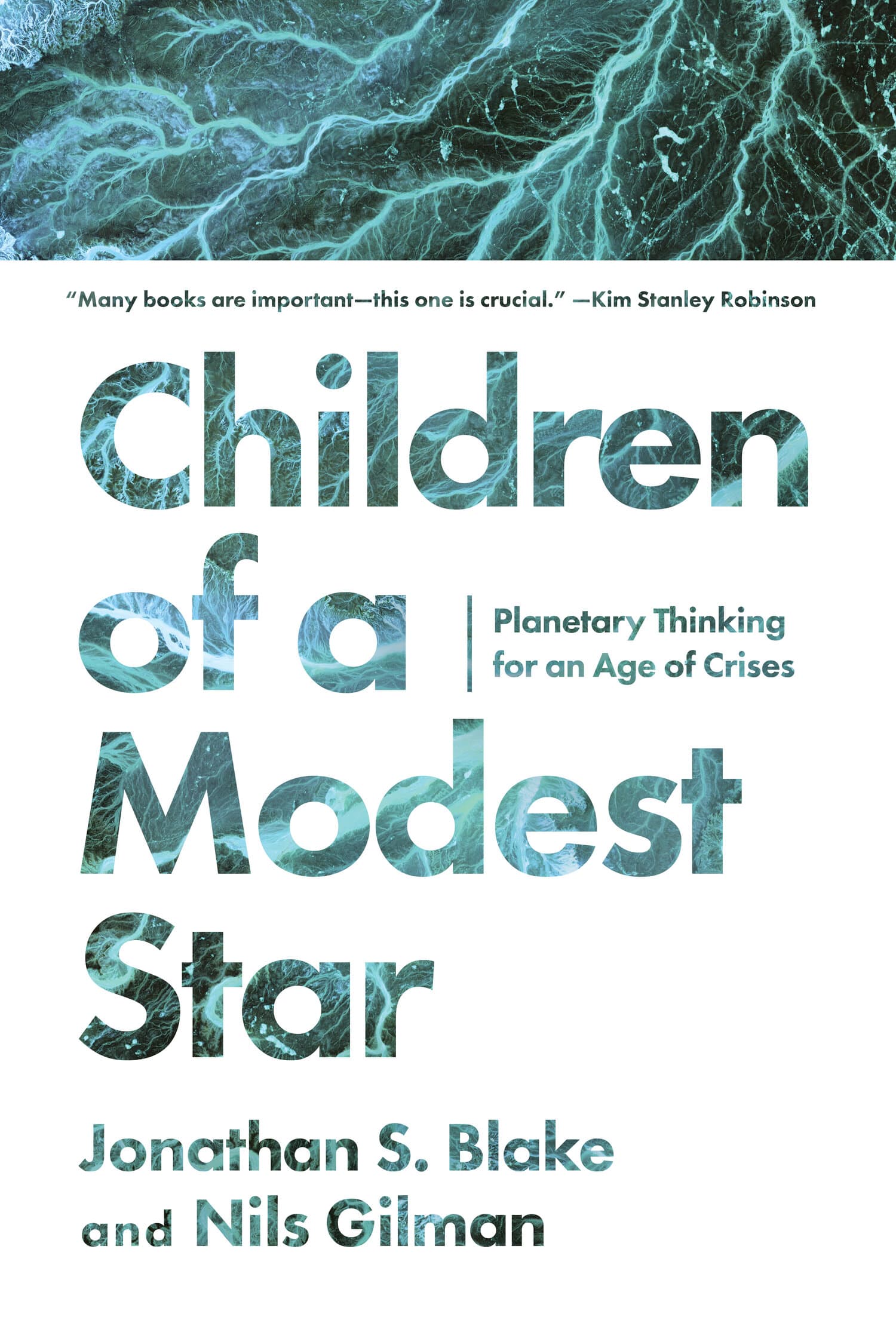Dirty Rotten Strategies

People and organizations are perfectly capable of making the most outrageous missteps. But, how does a person, organization, or society know that it is committing an error? And, how can we tell that when others are steering us down wrong paths?
Dirty Rotten Strategies delves into how organizations and interest groups lure us into solving the "wrong problems" with intricate, but inaccurate, solutions. Authors Ian I. Mitroff and Abraham Silvers argue that we can never be sure if we have set our sights on the wrong problem, but there are definite signals that can alert us to this possibility.
While explaining how to detect and avoid dirty rotten strategies, the authors put the media, healthcare, national security, academia, and organized religion under the microscope. They offer a biting critique that examines the failure of these major institutions to accurately define our most pressing problems. For example, the U.S. healthcare industry strives to be the most technologically advanced in the world, but, our cutting-edge system does not ensure top-quality care to the largest number of people.
Readers will find that far too many institutions have enormous incentives to let us devise elaborate solutions to the wrong problems. As Thomas Pynchon said," If they can get you asking the wrong questions, then they don't have to worry about the answers."
From a political perspective, this book shows why liberals and conservatives define problems differently, and demonstrates how each political view is incomplete without the other. Our concerns are no longer solely liberal or conservative. In fact, we can no longer trust a single group to define issues across the institutions explored in this book and beyond.
Dirty Rotten Strategies is a bipartisan call for anyone who is ready to think outside the box to address our major concerns as a society—starting today.
"A bracingly powerful book, which should be required reading for all professionals and experts of every stripe. It will liberate all readers from the tyranny of conventional reasoning. The authors give new meaning to Veblen's classic phrase, "trained incompetence." —-Warren Bennis, University Professor, University of Southern California and co-author of Transparency and Judgment
"Dirty Rotten Strategies is insightful, provocative, and important." —-Karen Armstrong, Best-selling author of The Spiral Staircase
"Ian Mitroff and Abraham Silvers nail one of the most pressing challenges of our time. In a deeper way, they show how we can get so distracted by our assessment of a problem that—no matter how well-executed the solution—it can be a complete waste of time, often making the problem much worse! The "War on Drugs" comes to mind as an example[]This book is a wake-up call for problem solvers."—John Renesch, futurist and author of Getting to the Better Future: A Matter of Conscious Choosing
"Mitroff and Silvers suggest that our current challenges are 'wicked problems' that can only be managed by mixing conventional and highly unconventional ways of looking at the world. Incisive and original, Dirty Rotten Strategies demonstrates just how valuable systematic thinking can be in helping America to clean up all of its 'messes.'" —Morley Winograd, Executive Director of the Institute for Communication Technology Management, USC Marshall School of Business and co-author of Millennial Makeover
"Ian Mitroff and Abraham Silvers have written one of the definitive books on the tragedy of well-considered, well-meaning and well-researched error. The great merit of their non-technical, powerful book is the clarity with which they demonstrate that many of the most disastrous decisions are made by brilliantly solving wrongly defined problems. Using a prodigious range of examples from politics, health care, organizational disasters, and national security, they show how cognitive and emotional factors conspire to produce what they term the 'Type Four Error,' in which we mislead not only ourselves but others to act and think in ways directly opposed to generally agreed objectives and values. The book's main contribution is to train us to question the ways we define problems, and to help us avoid some of the errors that we all too easily lapse into. It will be of great value to all those who are perplexed by human ability to repeat mistakes in any field of action and thought."
—Yiannis Gabriel, The School of Management, Royal Holloway University of London, author of Organizing Words: A Critical Thesaurus for Social and Organization Studies




